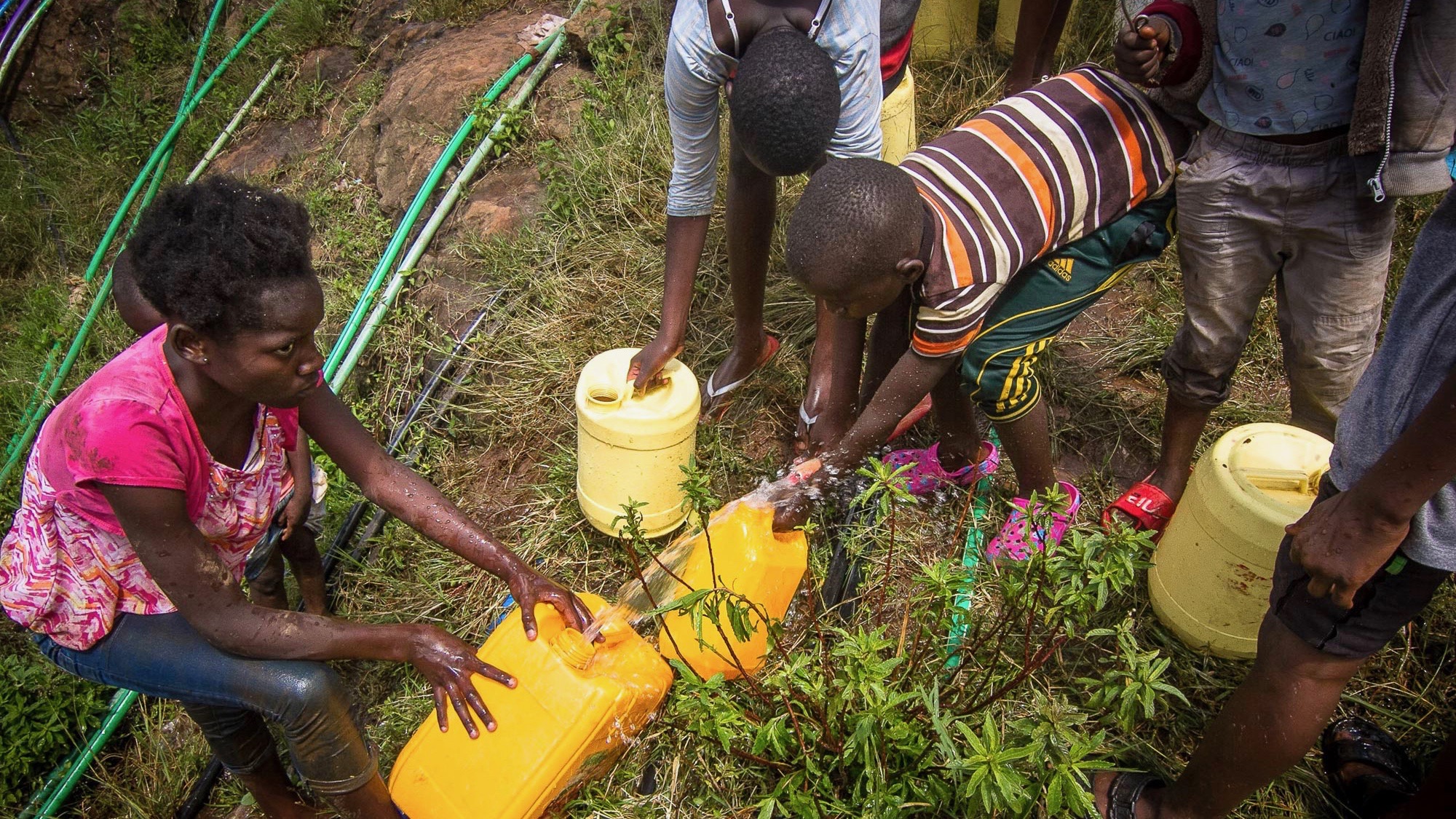A recent paper published by the National Bureau of Economic Research, a private non-profit research institute in the United States, has stoked heated debate over the ethics of academic and policy research in impoverished communities.
In the paper, four leading economists attempt to establish whether the public water utilities in the Kenyan capital of Nairobi would be met with “political consequences” if they cut off services. As access to water is extended to an increasing number of people in developing countries, the authors are concerned that “a culture of non-payment for services can lower effective prices below marginal cost, making each new customer a financial liability to the utility”.
To establish possible solutions to the non-payment of water bills, the authors conducted a randomized control trial (RCT) – studies in which the responses of two or more groups of people are measured after they receive different treatment – in shacks around Nairobi. Essentially, to measure how their responses differed, one group of shack residents had their water cut off during the study while another group’s water was left untouched.
The study
Together with the Nairobi City Water and Sewerage Company (Nairobi Water), the researchers first engaged with landlords with outstanding water bills “to ensure basic information constraints were not to blame for low repayment rates”. If the landlords, who were in arrears for as little as R400, continued to fail to pay their bills, they qualified to have their water disconnected. At no point in the paper do the authors consider whether the cost of water being provided was affordable.
The water to 97 of 327 eligible shack settlements was eventually cut off for the study, choking the access of their impoverished tenants, in some cases for up to nine months.
The authors of the paper concede that “disconnecting public utility services from those that may need them the most may appear to be antipoor and regressive”, but go on to say that “the alternative of treating basic services as a ‘right’ may erode incentives for utilities to provide those services in the first place”.
The authors found that, whereas engaging with landlords in Nairobi’s shacks had little effect, disconnecting their water “increases payment and the financial position of the utility without incurring political costs”. Among these political costs were “tenant perceptions of fairness and quality of service delivery” and “community activism”, which they argued should be minimized.
The paper claims the water rationing that is likely to result from non-payment has “negative impacts on health”. It goes on, however, to state that the disconnection of water during the study – to enforce payment – did not result in negative impacts on child health. (The authors measured child health according to whether or not the oldest child under five years old in the homes being studied had experienced diarrhea or fever in the past two weeks.)
Chris Protass, executive director of The Water Trust, a non-profit organization working on water sustainability in East Africa, cast doubt on whether data from fewer than 100 homes is enough to tell us anything about the impact that water disconnections might have on child health. The study, he said, was “orders of magnitude off the statistical power needed to detect an even significant change in this outcome”.
The ethics of economics
As with other RCTs conducted in impoverished communities, many of the ethical concerns raised by the study center on shack residents not agreeing to having their water turned off.
RCTs are often associated with clinical trials, for which informed consent is crucial. Their popularity in development economics – which was only boosted when the most recent Nobel Prize in Economic Sciences was awarded to three economists who pioneered the method – is less well known.
The lack of informed consent is sometimes justified with claims that the studies will not harm, and may even benefit, the people who take part in them. Much of the public outcry over the National Bureau of Economic Research study, however, stems from the vagueness around its benefits when compared with the very real risks it imposed on the residents of Nairobi’s shacks.
The study apparently comes out of a six-year engagement between Nairobi Water and a Kenyan government and World Bank water and sanitation project. The World Bank employs two of the authors, including Aidan Coville, who has also worked in South Africa, where he explored the effects of shack settlement upgrading.
In a comment released after their paper caused an outcry on social media, three of the authors claim that “Nairobi Water asked the World Bank for help in thinking through ways to improve payment” and that the utility “planned to increase disconnection efforts in the project slums”.
It remains unclear, however, whether Nairobi Water was planning to implement substantial water disconnections in any event, or if the study deliberately contributed to increased disconnections. Neither Coville nor Nairobi Water responded to questions.
This article was first published by New Frame.





